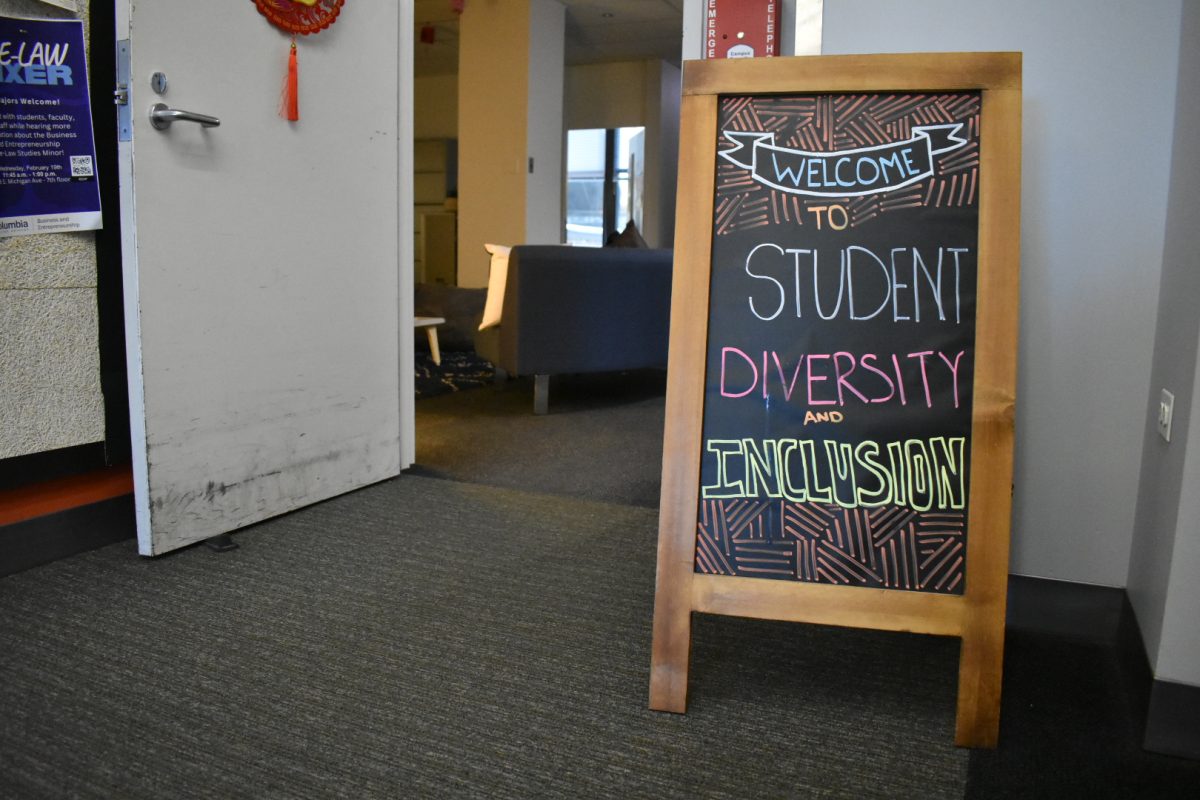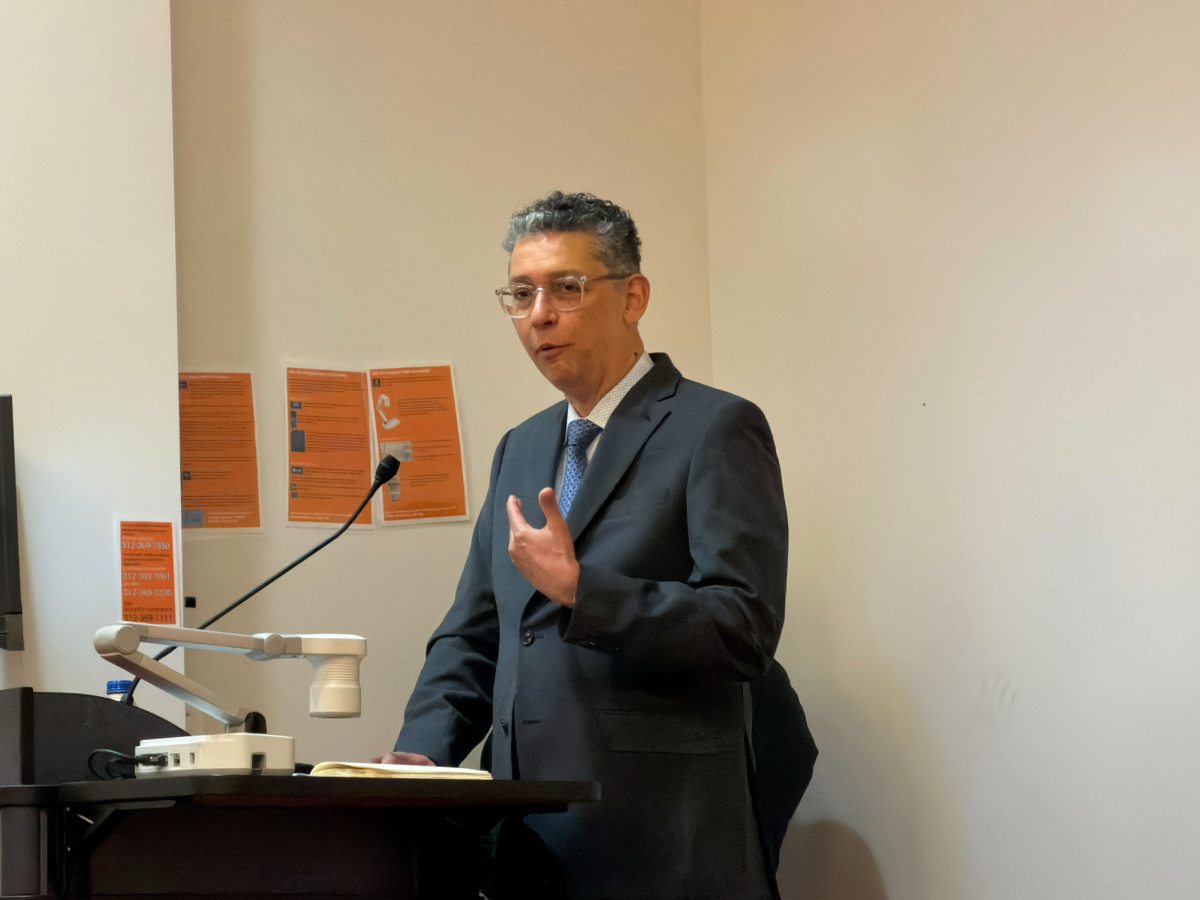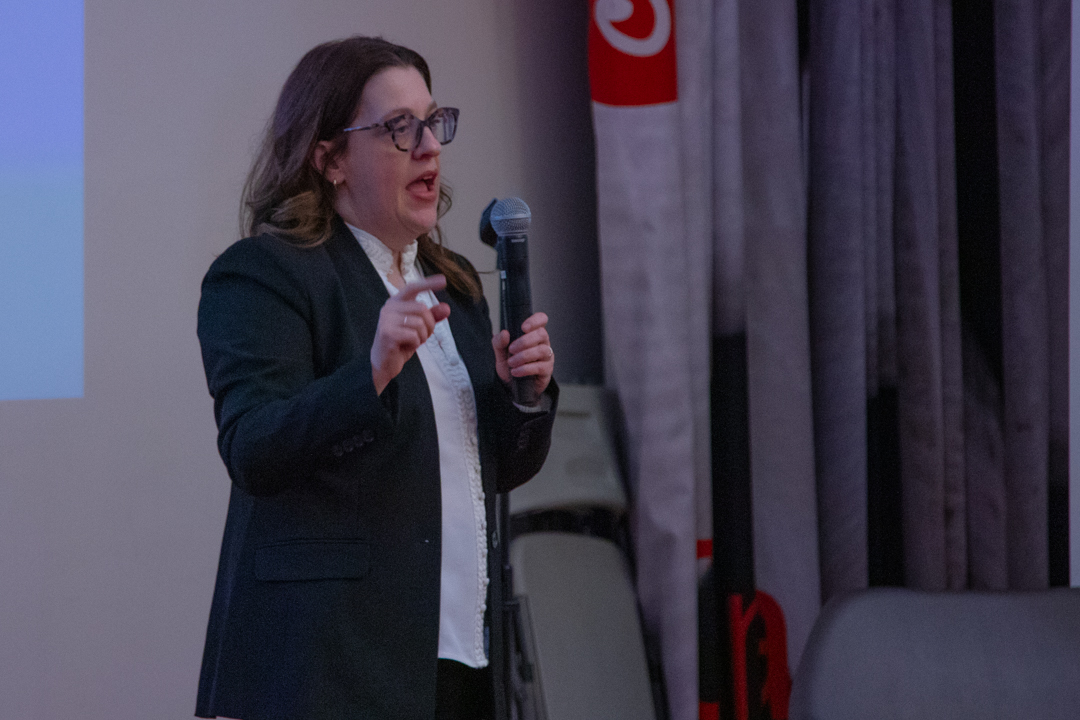In an unprecedented move, the U.S. Department of Education declared all race-conscious student programming, resources and financial aid to be illegal, threatening Columbia’s DEI efforts.
In a “dear colleague” letter from the Office of Civil Rights sent on Friday, Feb. 14, acting Assistant Secretary Craig Trainor said colleges must cease using “race preferences and stereotypes” as a factor in their admissions, hiring, promotion, compensation, scholarships, prizes, administrative support, sanctions, discipline and more.
Institutions that do not comply and end their DEI programs within 14 days could risk losing federal funding, including for offices like TRIO on Columbia’s campus, which is designed to help students from low socioeconomic backgrounds or who are disabled.
The Trump Administration did not detail how it would implement the new policy, but any move to revoke federal funding could impact student aid programs, including Pell Grants, federal student loans and federal work-study.
Lambrini Lukidis, associate vice president of Strategic Communications and External Relations, said the college is analyzing the directive from the federal government. “We plan on communicating with the campus community later this week,” she told the Chronicle.
In an interview on Feb. 7, 11 days before the letter was sent, Senior Vice President and Provost Marcella David said DEI remained a value of Columbia.
“Our programming is kind of grounded in the notion that for our students to be creatives, they need to understand diverse cultures and diverse perspectives,” David told the Chronicle. “We need to be the kind of place that promotes an environment where there can be dialog exploration that is respectful and open to different perspectives.”
Despite the “perception that DEI initiatives are imposing quotas, are discriminatory or are trying to indoctrinate students into not being critical thinkers,” David said that Columbia has a long-standing commitment to promoting diversity, equity, and inclusion, and will continue to uphold this legacy.
“I’m happy to continue to stand up and say that we should continue to do the things that we’re doing that promote diversity, equity and inclusion even if we then have to explain to other people what we’re doing is not discriminatory,” David said.
The U.S. Department of Education, which the Trump administration has said it wants to abolish, said it is interpreting the Supreme Court’s 2023 Students for Fair Admissions v. Harvard ruling as extending beyond admissions to all race-conscious activities.
In that case, the Supreme Court held that considering an applicant’s race as one factor in making an admissions decision is unconstitutional. The decision overturned 45 years of legal precedent.
Todd Wolfson, president of the American Association of University Professors, said any loss of funding could undermine universities’ educational missions. AAUP is a nonprofit membership association of faculty and other academic professionals.
“Because it goes far beyond what federal statute and Supreme Court case law mandate, the letter betrays the Trump administration’s goal of consolidating power and ruling by fiat, fear, and propaganda,” Wolfson said in a statement. “The Trump administration’s many-pronged political intrusion into higher education is intended to frustrate the ability of universities and faculty to accomplish their educational and research missions.”
Gabriela Díaz de Sabatés, an associate professor and DEI representative at the School of Communication and Culture, said the importance of DEI cannot be overstated, as it is essential for creating an inclusive and equitable environment for all individuals.
“There are entire groups of people that because of their class, race, ethnicity, sexuality, etc, have been subdued and oppressed,” Díaz said. “Diversity, equity and inclusion ensures that people with different abilities, with different points of view, with different from different cultures, are represented everywhere.”
Rosita Sands, the director of the Academic Diversity, Equity and Inclusion office, did not respond to two emails or Team messages requesting comment. A reporter also went to her office.
It is not known if the college’s eligibility to apply for grant funding as a Hispanic-Serving Institution will be impacted by the latest move from the Trump Administration.
In Fall 2022, 25.8% of Columbia’s students identified as Hispanic, meeting the threshold to become an HSI and making Columbia eligible to apply for a grant this year, as reported by the Chronicle. Institutions are designated as HSIs if at least 25% of their student body is Hispanic, according to the Hispanic Association of Colleges and Universities.
Elizabeth Davis-Berg, a professor of biology and associate director at the School of Design, who also talked to the Chronicle before Feb. 14, said it is not known whether the executive decisions will directly impact Columbia grants.
In late January, the White House announced a funding freeze to review the ideology behind all federal grants and loans, which has alarmed many researchers.
Davis-Berg said the Open Educational Resource grant, which offers freely accessible teaching materials and the Illinois Support for the Creation of Open Educational Resources grant which helps create and improve open textbooks and learning tools. OER currently includes textbooks and ancillaries in Math courses and the English 111 “Foundations of 21st Century Writing” course. SCOERS subgrant award to Columbia for Authoring Culture: The Foundations of Twenty-first Century Writing.
Davis-Berg said that the grants appear to be secure, at least until they expire.
“I don’t know if some of these changes are going to affect our ability to get reimbursed for money we have spent as part of the grant project,” she said.
Davis-Berg also said her course has already been impacted by the removal of environmental justice resources from government websites.
“I think the amount of information that has been removed from government websites is going to affect students because sending students to the CDC website to look up something on a disease [is no longer available],” Davis-Berg said. As a substitute, she will use health information from other countries like Canada as a resource.
Despite the uncertainty, David emphasized that the Columbia community has the strength to navigate this time together.
“I think there’s anxiety, but I think there’s also confidence amongst the faculty and staff that our values are consistent and that we will continue to act towards those values the best we can, navigating this very turbulent time,” David said.
This story has been updated.
Copy edited by Matt Brady
Spanish Digest:
En una medida sin precedentes, el Departamento de Educación de los Estados Unidos declaró ilegales todos los programas, recursos y ayuda financiera de los estudiantes que tienen en cuenta la raza, amenazando los esfuerzos de Diversidad, Equidad e Inclusión de Columbia.
En una carta de “estimado colega” de la Oficina de Derechos Civiles enviada el viernes, 14 de febrero, el secretario adjunto en funciones Craig Trainor dijo que las universidades deben dejar de usar “preferencias y estereotipos raciales” como un factor en sus admisiones, contratación, promoción, compensación, becas, premios, apoyo administrativo, sanciones, disciplina y mucho más.
Las instituciones que no cumplan dentro de los 14 días podrían correr el riesgo de perder fondos federales, incluso para oficinas como TRIO en el campus de Columbia, que está diseñado para ayudar a estudiantes de entornos socioeconómicos bajos o que tienen discapacidades.
La Administración Trump no detalló cómo implementaría la nueva política, pero cualquier medida para revocar fondos federales podría afectar los programas de ayuda estudiantil, incluidas las becas Pell, los préstamos federales para estudiantes y el trabajo-estudio.
Resumen en Español por Araceli Ramirez
Texto editado por Doreen Abril Albuerne Rodriguez





